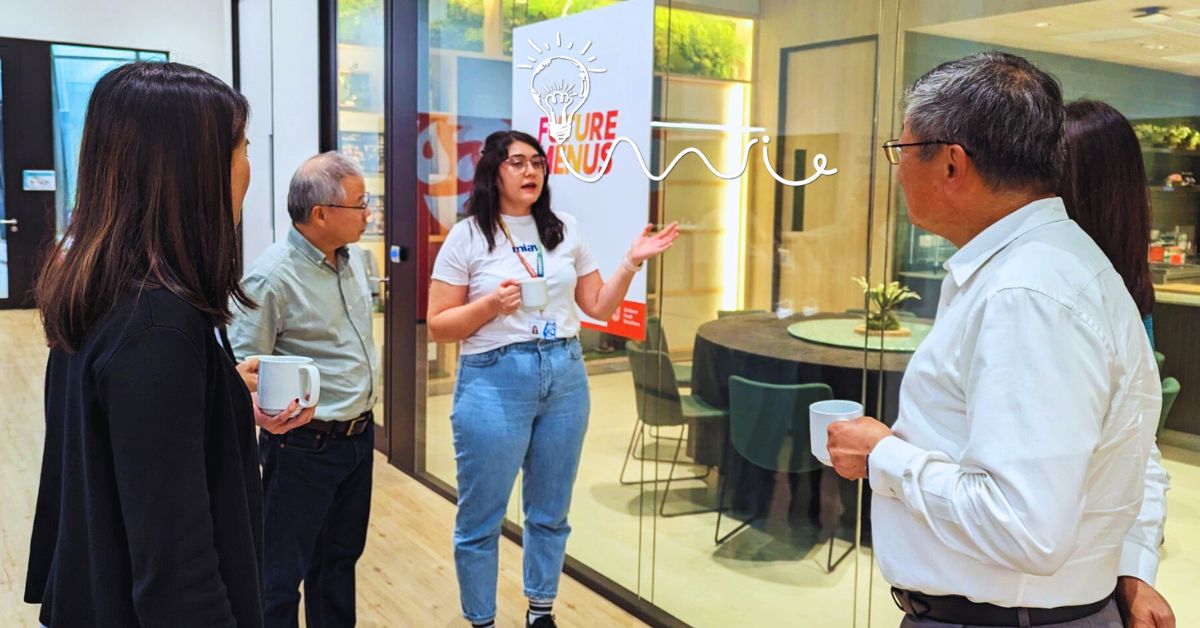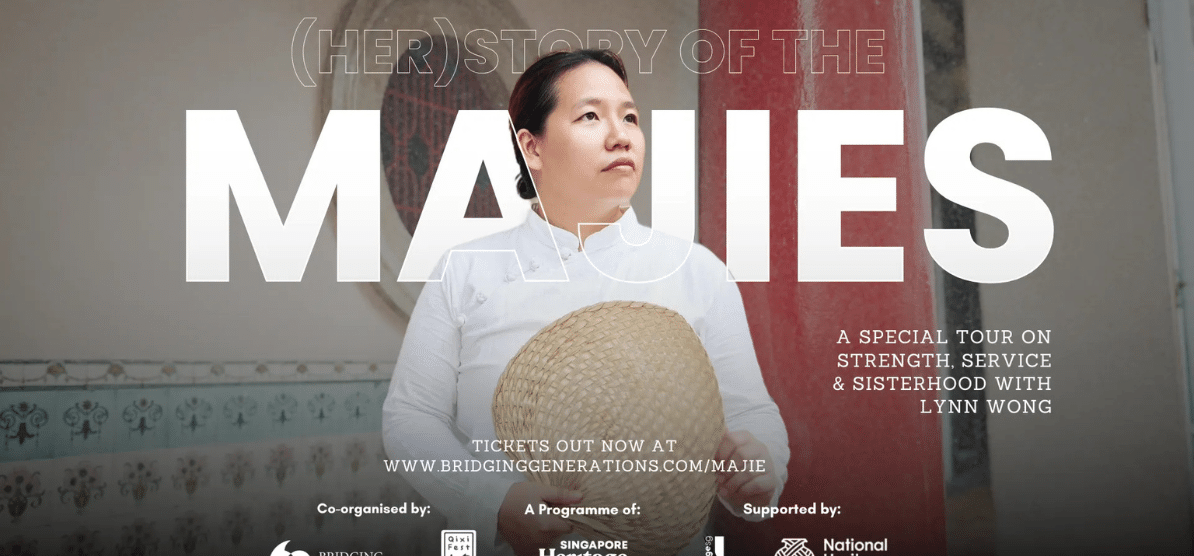
Dear silvers,
Quiet quitting and disengaged at work

Not quiet quitting but shifting priorities
"With families a lot smaller now and a higher level of affluence, we have more resources and time to focus on personal fulfilment and well-being."
"They don't feel the need to go beyond the scope they're given, and they want clear boundaries."
"So perhaps it is accurate to say that a larger proportion of the younger generation is not as hungry compared to the older generation. It also existed in the older generation, but it wasn't as prevalent."
"I value the flexibility to do my work – it's how I can be more productive, which is a win-win for the company and me."

Purpose and meaning also a driver for engagement
"I love hiking in nature and knowing that my company is trying to reduce its emissions – and that I can help with that – is very gratifying."
"But when they aren't able to push for any meaningful change because their superiors don't want to rock the boat, they become disillusioned."
Maybe it'd be better not to point fingers

"His answer to everything is, 'You’re too young, you wouldn't know'."
"In any sample size and age group, there will be drivers and there will be slackers."






